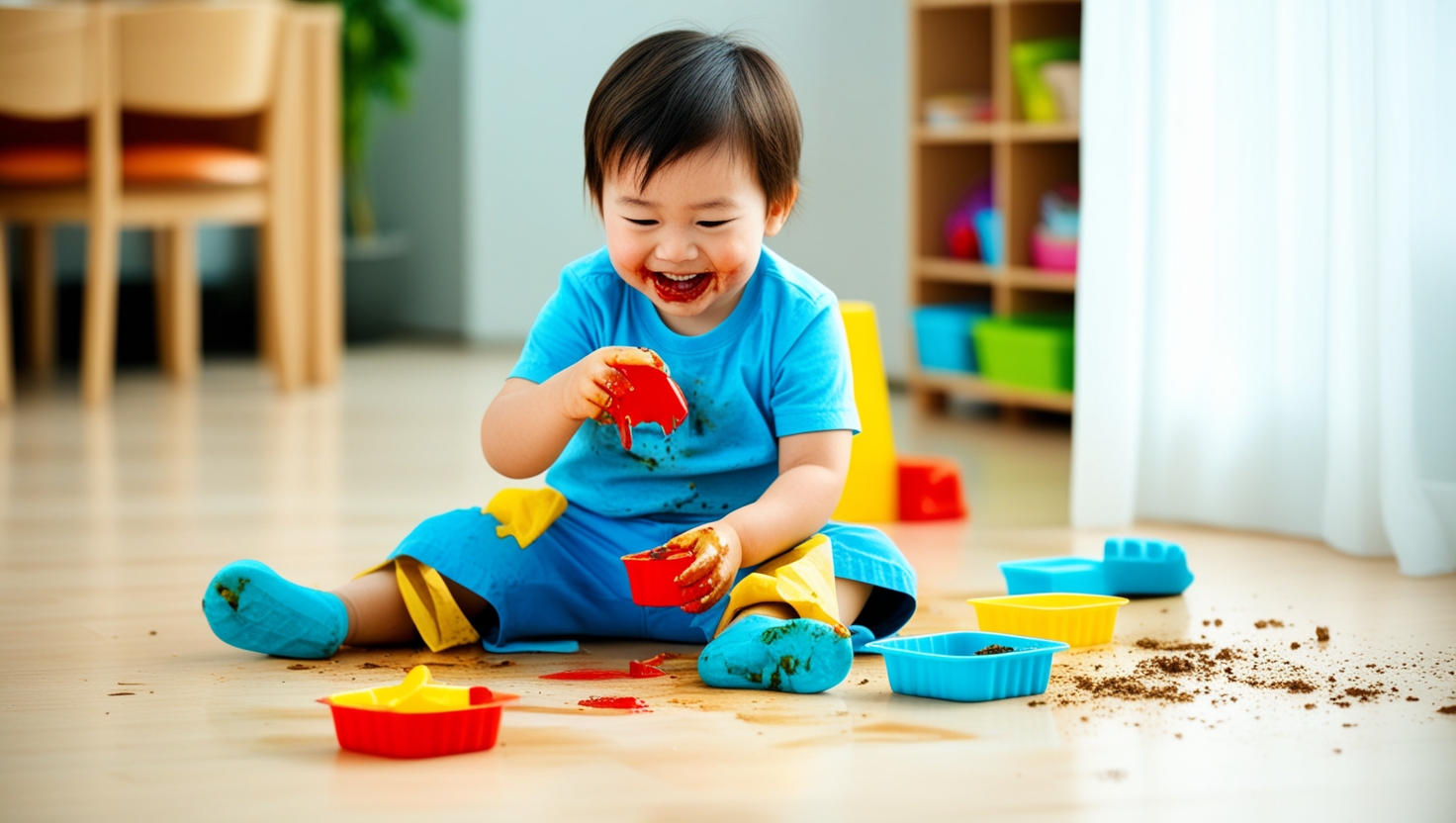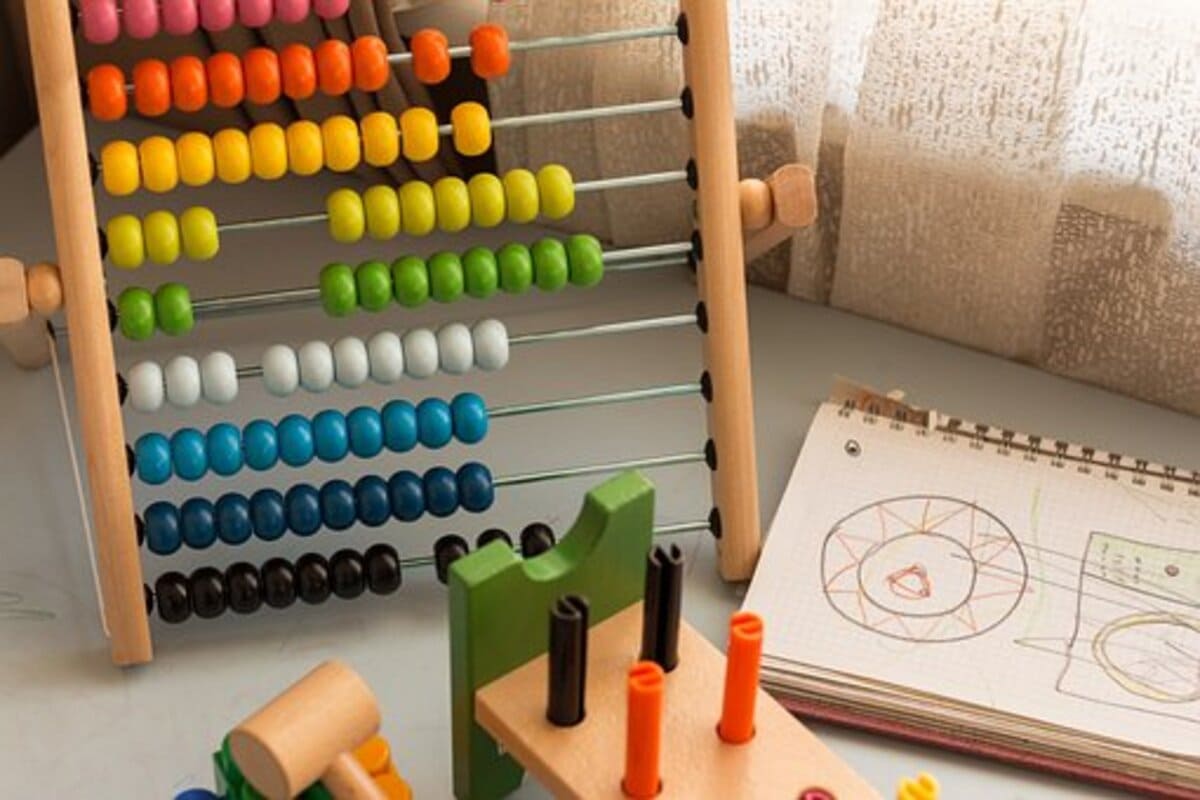Blog
How to Handle Mischievous Children with Positive Parenting

Is your child constantly getting into trouble, testing boundaries, or acting out in mischievous ways?
It can be challenging to manage children who are always pushing limits, but it’s important to remember: mischievous behavior is often a sign of curiosity, energy, or a need for attention.
In this article, we’ll share effective strategies for dealing with mischievous children in a positive and constructive way. By understanding the root causes behind their behavior and responding with patience and consistency, you can guide your child toward better choices and build a stronger, healthier relationship.
1. Understand the Root Cause of Mischievous Behavior
Before reacting with frustration, it’s crucial to understand why your child is behaving mischievously. Often, there’s a deeper reason behind their actions:
- Curiosity and Exploration:
Children are naturally curious. Mischievous behavior can simply be their way of exploring their surroundings without fully considering the consequences. Recognizing this as a normal part of development allows you to respond with patience instead of anger. - Seeking Attention:
Sometimes, negative behavior is a child’s attempt to gain attention. If they’re not receiving enough positive engagement, they might act out to ensure they’re noticed. - Emotional Expression:
Children often struggle to express emotions like frustration, excitement, or sadness. Misbehavior can be an outlet for these feelings. Understanding the emotions behind the actions helps you guide your child toward healthier ways of expressing themselves.
2. Set Clear and Consistent Boundaries
Clear, consistent boundaries give children the structure they need to thrive.
- Be Specific and Clear:
Instead of vague instructions like “Be good,” use clear statements such as “We don’t throw food on the floor.” Specific expectations are easier for children to understand and follow. - Stay Consistent:
Consistency builds trust and understanding. Always enforce the same rules in the same way. If consequences are inconsistent, children become confused and are more likely to test limits. - Explain the Reasoning:
Children are more likely to respect rules when they understand why they exist. Explain rules in a way they can grasp, like “We walk indoors so we don’t hurt ourselves.”
3. Use Positive Reinforcement
Rather than focusing on punishment, emphasize rewarding positive behaviors to encourage your child to make better choices.
- Praise Good Behavior:
Catch your child being good and praise them. Say things like, “I love how you shared your toys with your sister!” Praise motivates children to repeat positive behaviors. - Implement a Reward System:
Simple systems like sticker charts or earning privileges can make positive behaviors more tangible and motivating. - Use Non-Material Rewards:
Sometimes, a hug, a high-five, or extra story time can be even more powerful than material rewards. Recognition and affection are strong motivators for children.
4. Offer Choices to Empower Your Child
Offering choices helps children feel a sense of control over their actions, which reduces power struggles and misbehavior.
- Provide Limited Options:
Instead of issuing commands, offer simple choices like, “Would you like to clean up your toys now or after dinner?” This empowers your child while still guiding their behavior. - Minimize Power Struggles:
Choices can prevent defiance. When children feel heard and respected, they are less likely to rebel. - Assign Responsibilities:
Giving children age-appropriate responsibilities—like setting the table—can foster pride, reduce boredom, and minimize mischievous acts.
5. Redirect Energy and Provide Structured Activities
Excess energy often leads to mischief. Structured activities help channel that energy productively.
- Redirect Attention:
When you notice your child getting into trouble, gently redirect them to an appropriate activity, like suggesting, “Let’s build a tower with blocks instead.” - Plan Engaging Activities:
Incorporate arts and crafts, puzzles, or outdoor play into your child’s day. These structured activities keep them focused and fulfilled. - Establish Daily Routines:
Predictable routines reduce anxiety and prevent boredom-driven mischief. When children know what to expect, they feel more secure and less likely to act out.
Dealing with mischievous children can be challenging, but by understanding the reasons behind their behavior and responding with patience, consistency, and positive reinforcement, you can guide them toward better choices.
Setting clear boundaries, offering choices, and providing structured activities empowers your child and reduces mischievous behavior over time.
With these strategies, you’ll build a deeper bond with your child based on trust, love, and respect—creating a nurturing environment where positive behavior flourishes.
🎥 Watch our full video guide here:


















